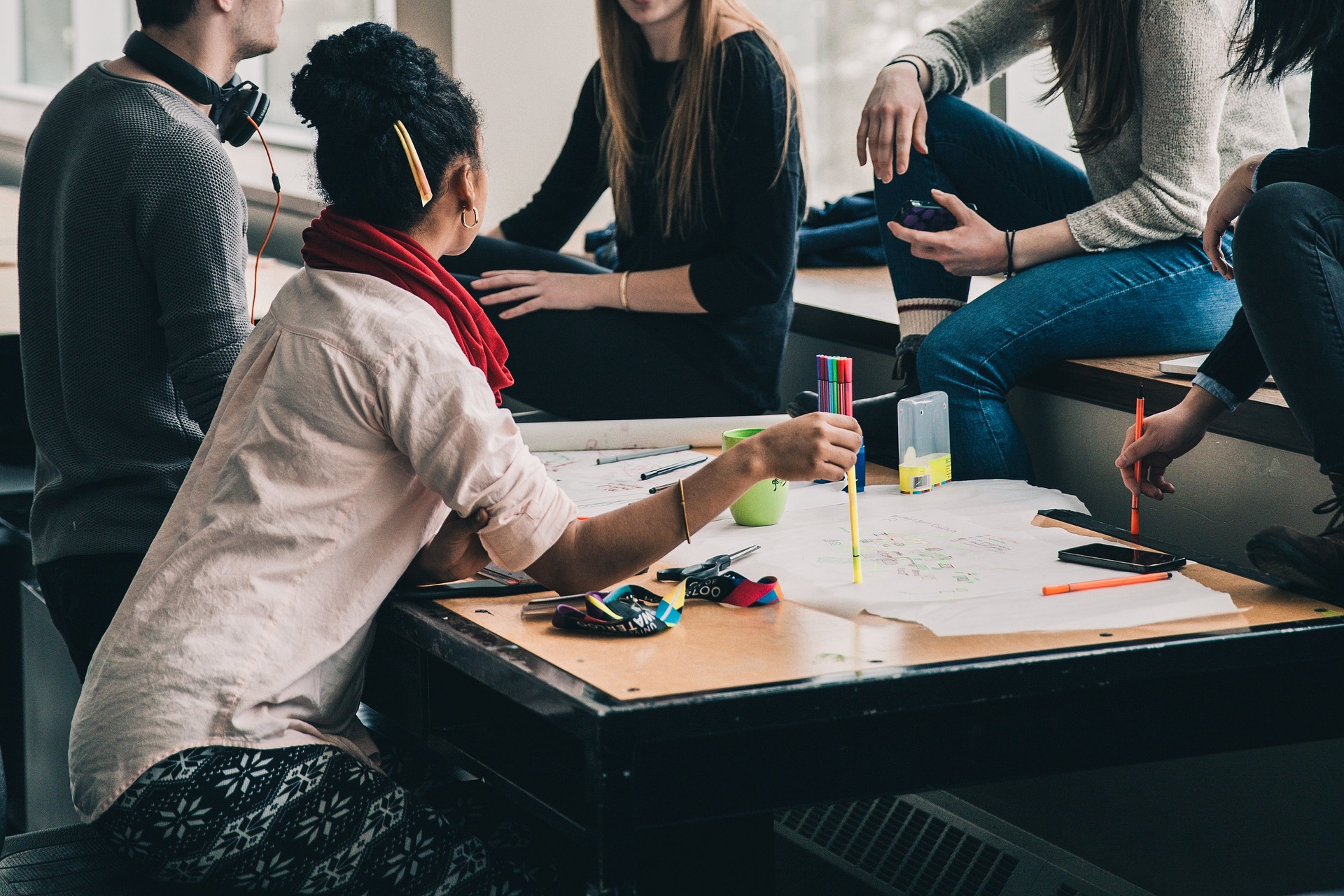The value of in-person socialization has long been favored over maintaining friendships online. From slandering people who are “always on their phones” to a growing disdain for social media, people have found various ways to tell those who spend a lot of time online to “go outside.” Some even go as far as suggesting that “technophiles of all ages” lose necessary social skills by existing in a society that spends an increasing amount of time online. Others counter that people being “socially wired” motivates them to seek out social media in the first place. While there may be some truth to how the digital age affects important social skills, one should not discount the value of online communication in fostering and maintaining relationships.
Many People Think Digital Communication Is Bad
Missing out on nonverbal cues is one of the first examples researchers point to when discussing how social media might affect social skills. However, there are other effects that may be worth noting. These include: difficulty maintaining eye contact, trouble paying attention during conversations, decreased spatial awareness and distraction. The ability to speak confidently over the phone is also stymied by over-reliance on texting. This may explain why younger generations often dread making phone calls to schedule doctor’s appointments. Researchers also noted a general decrease in self-confidence and increased feelings of being unloved among teens who used social media. Many of these sentiments stem from teenagers feeling their self-worth is tied to their social media presence.
Overusing social media has been identified as a contributing factor to worsening verbal and nonverbal communication skills. Some of it simply comes down to a lack of face-to-face practice, as most social media users don’t get enough in-person interaction away from their phones. After all, social media and other forms of digital communication have radically altered how human beings connect with each other. However, for all the negativity associated with social media’s impact on social skills, there may be some surprising benefits as well.
Social Media Can Bring Us Together
Social media — and other forms of connecting online — have brought people from all over the world together in meaningful ways. Groups that would never have started if not for the internet can meet on social media apps, online forums and video calls. These networks have enabled people to make friendships and even find love within global communities. Online togetherness also proved to be a crucial way to stay in touch during the early days of the coronavirus. Researchers found that people experienced positive impacts on their social well-being by using social media to stay connected with loved ones during an otherwise isolating time. Digital communication was also how most people stayed informed during the pandemic, making social media crucial for public wellness.
Some of the most beneficial ways social media impacts people’s social skills may include:
- Keeping in touch with people regardless of distance.
- Using conversation starters to stay in the loop.
- Stepping outside of pre-existing comfort zones.
- Finding events and other opportunities for face-to-face interaction.
- Boosting self-confidence and reducing shyness.
Despite how often digital communication is deemed interruptive to nonverbal communication skills, it may not be so detrimental after all. Removing these nonverbal cues sometimes helps people communicate more openly, and studies have found that social media users have discovered ways to make up for the lack of nonverbal cues in conversations. In some cases, the use of social media may even help people be more vocal rather than reduce their ability to socialize.
Social Media Can Be Educational
The content we create via social media platforms can educate and entertain viewers, as well as spread awareness of key issues. It’s no wonder that this potential, when coupled with the widespread visibility of online content, can be a valuable educational resource. This heightened visibility can help give a voice to those who feel like they don’t have one, which can in turn promote tolerant attitudes and diversity. Learning and prioritizing inclusivity leave a lasting impact on an individual’s social development.
Additionally, social media may foster self-expression when creators utilize it to spread their messages. Those who interact with these creators may then be able to make better-informed decisions when they navigate the world both on and offline. For teenagers, this may even provide their parents with opportunities to have open and honest discussions with their kids about what they’ve learned on the internet.
Social Media Is What You Make of It
When it comes to social skills, people must continuously find ways to practice and foster their ability to communicate openly and effectively with others. This was a challenge for human beings long before the invention of the internet. While it may be easy to blame social media for poor social skills, one should take care to remember that throughout time, many other factors have been blamed for the same problem. Those who are conscious of their efforts to remain social and who practice their skills will improve with or without the use of social media.

















